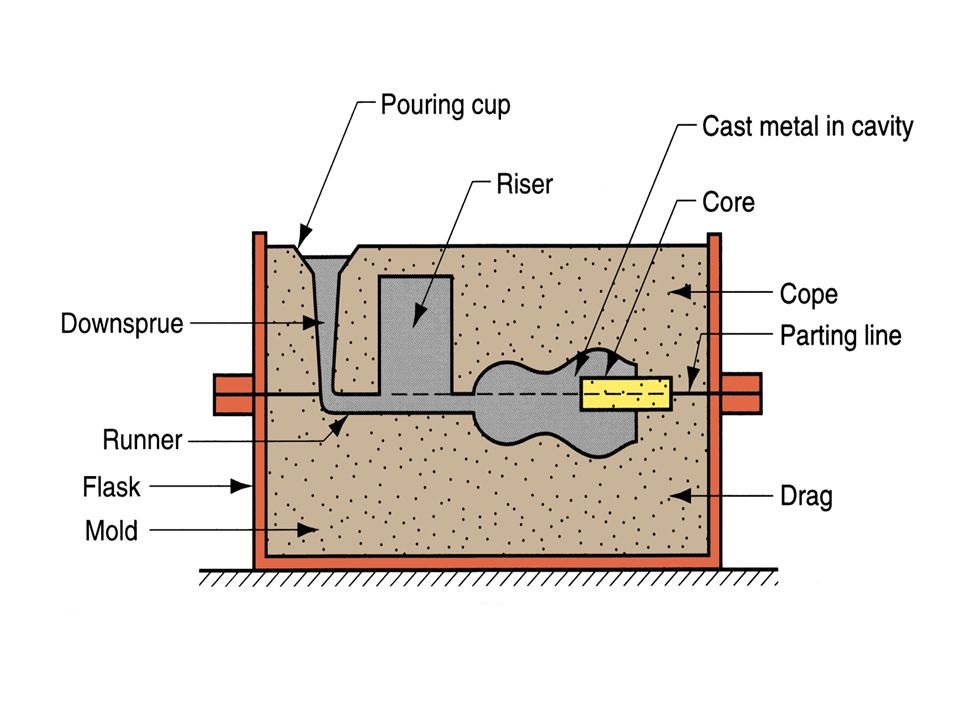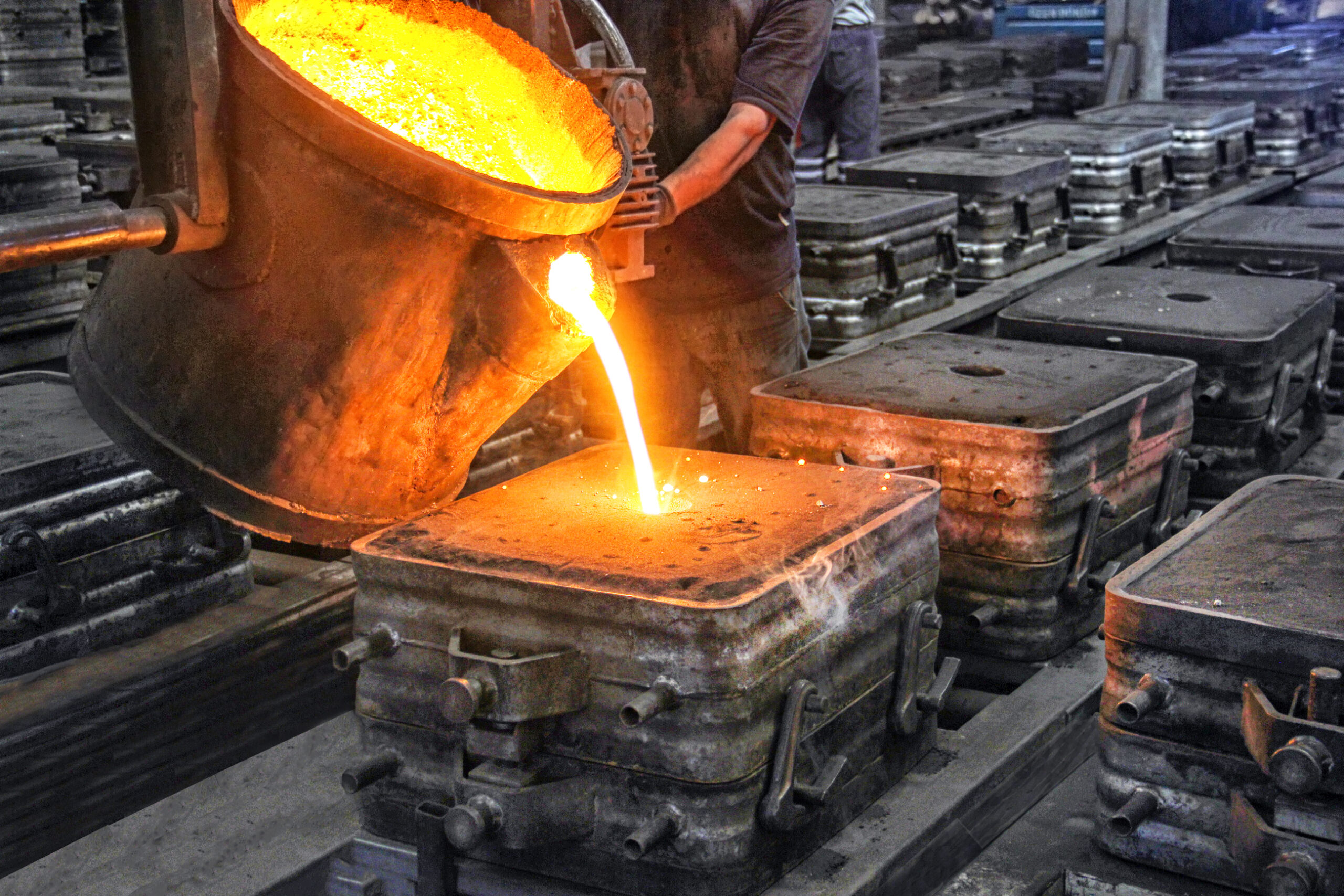Unmasking Power: The Brilliant Casting Of House Of Cards
Step into the shadowy corridors of Washington, D.C., where ambition reigns supreme and betrayal is a political currency. The world of Netflix's groundbreaking series, House of Cards, is a masterclass in political intrigue, and at its very core lies the impeccable casting that brought its complex, often chilling, characters to life. Without the right actors, the intricate dance of power, revenge, and manipulation that defined the show simply wouldn't have resonated with audiences worldwide.
From the moment it premiered, House of Cards captivated viewers, offering a stark, unflinching look at the dark underbelly of American politics. It was a pioneering series for Netflix, marking its entry into original content production, and its success hinged significantly on the ensemble cast who embodied its morally ambiguous protagonists. This article delves deep into the strategic choices behind the casting of House of Cards, exploring how each actor contributed to the show's profound impact and enduring legacy.
Table of Contents
The Genesis of a Political Saga: From UK to US
Before it became a global phenomenon on Netflix, House of Cards had a rich lineage. It is an adaptation of the BBC's miniseries of the same name, which itself was based on the 1989 novel by Michael Dobbs. This British political thriller laid the groundwork, introducing the Machiavellian character of Francis Urquhart, a Conservative Chief Whip who, feeling betrayed, embarks on a ruthless campaign for power. The transition from the UK parliamentary system to the American congressional landscape required a delicate touch, and the creative team behind the Netflix version, led by Beau Willimon, meticulously crafted a narrative that felt authentic to Washington, D.C.
- Bob Barker Retired
- Most Popular 70s Tv Shows
- Kate Hudson Husband
- How I Met Your Mother Netflix
- Grease Year Made
The core premise remained: a politician betrayed by the White House, driven by a thirst for revenge and an insatiable ambition. However, the American adaptation needed to carve out its own identity, not just in its setting but in its characterizations. This meant finding actors who could not only inhabit these complex roles but also redefine them for a new generation of viewers. The initial concept for House of Cards was ambitious, aiming to be Netflix's first major foray into original, high-budget programming. The success of this venture hinged almost entirely on the ability to translate the novel's intricate plotting and the BBC series' dark tone into a compelling American drama, a feat that would rely heavily on the caliber of its cast.
Casting House of Cards: The Architects of Ambition
The process of casting House of Cards was arguably one of the most critical elements in its journey from concept to global sensation. The series demanded actors capable of portraying deep moral ambiguity, subtle manipulation, and raw, unbridled ambition. Each character, from the central power couple to the fleeting one-episode appearances, needed to feel real, dangerous, and utterly captivating. The success of the show, particularly in its early seasons, was a testament to the extraordinary talent assembled, bringing to life a world where blackmail, seduction, and ruthless ambition were the primary weapons in the political arena. The meticulous selection of each actor ensured that the intricate web of relationships and power plays felt believable and intensely engaging.
Frank Underwood: The Ruthless Protagonist
At the heart of House of Cards is Francis "Frank" J. Underwood, a Democrat from South Carolina's 5th congressional district. He starts as a ruthless politician seeking revenge, promised the post of Secretary of State in exchange for his support, only to be betrayed. This betrayal ignites his relentless rise to power. The role of Frank Underwood was a monumental challenge, requiring an actor who could embody cunning, charm, and a chilling lack of empathy, often breaking the fourth wall to confide in the audience. Kevin Spacey was chosen for this pivotal role, and his portrayal became iconic.
- Pat Sajak Paid Per Episode
- Jana Kramer Gleb Savchenko
- Christie Digital Systems
- Cast Of The Adams Family
- Nicole And Eddie Murphy
| Kevin Spacey as Frank Underwood | |
|---|---|
| Role | Francis "Frank" J. Underwood |
| Character Description | A ruthless and cunning politician, Democrat from South Carolina's 5th Congressional District, driven by revenge and an insatiable lust for power. |
| Key Traits | Manipulative, charming, intelligent, cynical, breaks the fourth wall. |
| Notable Actions | Embarks on a ruthless rise to power after being betrayed by the White House; uses blackmail, seduction, and ambition as his weapons. |
| Seasons Appeared | Seasons 1-5 (13 episodes per season for early seasons) |
Spacey's performance as Frank Underwood was a masterclass in controlled malevolence. He delivered monologues directly to the camera with a captivating blend of wit and menace, drawing viewers into Frank's twisted perspective. His ability to switch from charming benefactor to cold-blooded strategist in an instant made Frank one of television's most memorable anti-heroes. The decision to cast Spacey was a bold one, given his film background, but it paid off handsomely, anchoring the series with a performance that was both critically acclaimed and immensely popular.
Claire Underwood: The Calculating Counterpart
Equally vital to the show's success, and arguably even more complex, was the character of Claire Underwood, Frank's equally ambitious and conniving wife. Their marriage is a partnership built on shared ambition, a strategic alliance where love often takes a backseat to power. Robin Wright's portrayal of Claire Underwood in the Netflix original series House of Cards is widely considered a masterclass in subtlety and strength. As the cool, calculating, and fiercely ambitious First Lady turned President, Wright brings a multifaceted depth to the character, seamlessly navigating the intricate web of political machinations in Washington, D.C.
| Robin Wright as Claire Underwood | |
|---|---|
| Role | Claire Hale Underwood |
| Character Description | Frank's equally ambitious and cunning wife; a powerful, calculating figure who eventually becomes President. |
| Key Traits | Subtle, strong, fiercely ambitious, intelligent, manipulative, poised. |
| Notable Actions | Works with Frank to exact revenge; navigates political landscape with strategic precision; becomes a formidable power player in her own right. |
| Seasons Appeared | Seasons 1-6 (13 episodes per season for early seasons) |
Wright's performance evolved throughout the series, especially in season four, where Frank and Claire become even greater adversaries as their marriage stumbles and their ambitions are at odds. In an election year, the stakes are higher than ever, and the biggest threat they face is contending with each other. Wright's ability to convey Claire's inner turmoil and ruthless determination through nuanced expressions and understated delivery was remarkable. She transformed Claire from a supporting spouse into a dominant force, ultimately taking center stage. The chemistry between Spacey and Wright, even as their characters' relationship fractured, was electric, a testament to the brilliant casting House of Cards achieved.
The Supporting Pillars: Key Players and Their Impact
While Frank and Claire dominated the screen, the supporting cast of House of Cards was instrumental in building the show's intricate world. Each actor, no matter how small their role, contributed to the authenticity and tension of the series. Michael Kelly, for instance, delivered a standout performance as Doug Stamper, Frank's fiercely loyal and morally compromised Chief of Staff. Stamper's unwavering devotion to Frank, often leading him to commit heinous acts, provided a chilling counterpoint to the Underwoods' more polished machinations. Kelly's portrayal of Stamper's internal struggles and his descent into darkness was consistently compelling, making him a fan favorite despite his character's often reprehensible actions.
Other notable actors who enriched the series include Justin Doescher, who appeared in early seasons, and later additions like Cody Fern as Duncan Shepherd. The depth of the ensemble meant that even minor characters felt fully realized, contributing to the show's immersive quality. From journalists like Zoe Barnes (Kate Mara) and Janine Skorsky (Constance Zimmer) to political rivals and allies, the casting House of Cards ensured that every face on screen added a layer of complexity to the narrative. The series truly showcased how a well-rounded cast can elevate a political drama into a gripping, character-driven epic.
Behind the Scenes: Crafting the DC Underbelly
The success of House of Cards wasn't solely dependent on its stellar cast; it was also a product of visionary leadership behind the camera. Created by Beau Willimon, the series benefited from his sharp writing and deep understanding of political machinations. Willimon meticulously adapted Michael Dobbs' novel and the BBC miniseries, infusing the narrative with a distinctly American flavor while retaining the original's dark, cynical tone. His ability to craft compelling dialogue and intricate plotlines was crucial in setting the stage for the actors to shine. The show's narrative, set in present-day Washington, D.C., plunged viewers into a world of greed, sex, and corruption, making it a wicked political drama that resonated deeply with audiences.
Adding another layer of cinematic quality was the involvement of acclaimed director David Fincher, who notably directed the first two episodes. Fincher's signature dark aesthetic, meticulous attention to detail, and ability to create a palpable sense of tension were evident from the very beginning, setting the visual and tonal benchmark for the entire series. His influence helped establish the show's distinctive look and feel, contributing to its critical acclaim. Moreover, House of Cards holds a significant place in television history as the first TV series to have been produced by a studio specifically for Netflix, pioneering the streaming giant's original content strategy. This innovative approach to distribution, combined with the high production values and exceptional casting House of Cards achieved, redefined how audiences consumed television and set a new standard for online streaming platforms.
The Art of Character Development: A Deep Dive
One of the most compelling aspects of House of Cards was its nuanced and often disturbing character development. The series masterfully explored the psychological toll of ambition and the corrosive nature of power. Francis Underwood, as a cynical politician elected to Congress, and his wife, Claire, constantly multiply their low blows to destroy adversaries and conquer ever more power. Their journey from a seemingly united front to bitter rivals in later seasons was a testament to the writing and the actors' ability to portray such complex shifts. The show delved into the idea that "there are two kinds of pain" – a recurring theme that underscored the characters' relentless pursuit of their goals, often at immense personal cost.
The evolution of Frank and Claire's relationship was particularly captivating. They started as an inseparable team, their ambitions perfectly aligned. However, as the series progressed, particularly in season four, their marriage stumbled, and their individual ambitions began to clash, transforming them into adversaries. This internal conflict added a profound layer of drama, demonstrating that even the most powerful alliances can crumble under the weight of insatiable desire. The series excelled at showing how power corrupts, not just individuals but also their most intimate relationships. The strategic decisions made in casting House of Cards ensured that the actors could convey these profound shifts, making the characters' transformations believable and impactful, whether it was Frank's increasing paranoia or Claire's calculated ascent to ultimate authority.
Beyond the Leads: Unforgettable Faces
While the focus often remains on the Underwoods, the broader ensemble cast of House of Cards played an indispensable role in enriching the narrative and providing crucial foils, allies, and victims for the central characters. The show’s strength lay in its ability to populate Washington, D.C., with a diverse array of memorable personalities, each contributing to the intricate web of political and personal intrigue. Characters like Seth Grayson (Derek Cecil), the ambitious and often opportunistic White House Press Secretary, and Remy Danton (Mahershala Ali), the shrewd lobbyist caught between loyalty and morality, added significant depth to the political landscape. Their performances, often subtle yet impactful, highlighted the moral compromises inherent in the pursuit of power.
Even characters with limited screen time left a lasting impression. Beth Chamberlin as part of the White House press corps, or other minor roles like Tabitha Peters, contributed to the show's realistic portrayal of the capital's ecosystem. The series was adept at introducing new characters who quickly became integral to the plot, such as Cody Fern's portrayal of Duncan Shepherd in later seasons, a complex character who further complicated Claire's political maneuvers. The meticulous attention to detail in casting House of Cards extended to these roles, ensuring that every interaction, every betrayal, and every alliance felt authentic and impactful. This depth of characterization, extending far beyond the main protagonists, was a key factor in the show's immersive quality and its ability to keep audiences on the edge of their seats, always wondering who would be the next pawn or player in the Underwoods' grand scheme.
The Show's Enduring Legacy and Impact
House of Cards carved out a significant place in television history, not just as a compelling political drama but as a trailblazer for the streaming era. Its status as Netflix's first major original series fundamentally altered the landscape of television production and consumption. Before House of Cards, streaming services were primarily platforms for licensing existing content. Netflix's gamble on a high-budget, star-studded drama signaled a new era where content creation became as important as content distribution. This strategic shift paved the way for the explosion of original programming that now dominates the streaming world, from critically acclaimed dramas like Orange is the New Black (which some House of Cards fans also viewed) to a myriad of other series across various genres.
Beyond its pioneering role in streaming, the show left an indelible mark on popular culture. It offered a cynical, yet often eerily prescient, reflection of the political climate, prompting discussions about power, corruption, and the nature of ambition. The series became a benchmark for sophisticated storytelling, complex character arcs, and high production values in the digital age. Its influence can be seen in subsequent political dramas and thrillers that have attempted to emulate its dark tone and intricate plotting. The show's ability to maintain high engagement, as evidenced by popularity stats and online engagement data metrics for its full cast, underscores its lasting appeal. Even years after its conclusion, the legacy of casting House of Cards and the groundbreaking series it created continues to resonate, reminding us of the power of compelling narratives and exceptional performances to shape the entertainment industry.
Why the Casting Was Crucial to Success
The ultimate triumph of House of Cards can largely be attributed to its extraordinary casting House of Cards process. The series was built on the shoulders of deeply complex, often morally bankrupt characters, and without actors who could convincingly portray these nuances, the show would have fallen flat. The selection of Kevin Spacey and Robin Wright as Frank and Claire Underwood was a stroke of genius, providing the series with a powerful, magnetic core. Their ability to convey both a chilling detachment and moments of surprising vulnerability made the Underwoods fascinating, even as their actions grew increasingly reprehensible. They transformed what could have been caricatures into deeply unsettling, yet undeniably human, figures.
Beyond the leads, the meticulous attention paid to the entire ensemble cast ensured that every character, from the most prominent to the briefest appearance, felt authentic and contributed meaningfully to the narrative tapestry. The show's dark themes of revenge, betrayal, and the relentless pursuit of power required a cast capable of handling heavy dramatic material with gravitas and subtlety. The actors' performances elevated the already sharp writing, allowing the audience to truly believe in the shadowy world of greed and corruption depicted in modern D.C. The success metrics, including viewer engagement and critical acclaim, directly reflect the impact of these casting decisions. Ultimately, the brilliant choices made in casting House of Cards were not just about finding talented actors, but about finding the right artists who could breathe life into a story that dared to expose the darkest corners of political ambition, making it a truly unforgettable television experience.
Conclusion
From its origins in a British novel and miniseries to its groundbreaking status as Netflix's first major original production, House of Cards remains a landmark in television history. Its enduring appeal is a testament not only to its sharp writing and intricate plotting but, most significantly, to the unparalleled excellence in its casting. The brilliant choices made in selecting actors like Kevin Spacey and Robin Wright, along with a stellar supporting cast, transformed complex characters into iconic figures, allowing viewers to delve deep into the ruthless world of Washington, D.C. Their portrayals brought to life the dark themes of ambition, betrayal, and the corrupting influence of power with a chilling authenticity that few shows have matched.
The success of House of Cards set a new standard for streaming content and proved the immense value of investing in top-tier talent. It demonstrated that a compelling narrative, when brought to life by the right actors, can transcend traditional broadcasting models and captivate a global audience. We hope this deep dive into the casting House of Cards has offered you new insights into what made this political drama so impactful. What were your favorite performances or character arcs in the series? Share your thoughts and memories in the comments below, and don't forget to explore other articles on our site for more analyses of your favorite shows!
- Diane Witt Hair
- Claire Dunphy Hot
- What Was The Cause Of Natalie Coles Death
- Jimmy Fallons Family
- Dj Tanner

10. Molding and casting - Muhammed Fahiz K.P - Fab Academy

Die Casting Process

Sand Casting - Weld2Cast